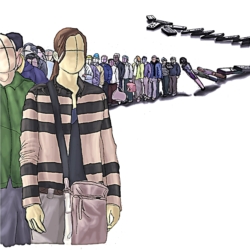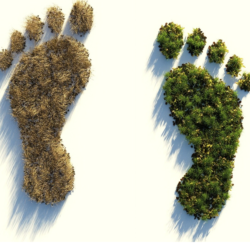To provide the best experiences, we use technologies like cookies to store and/or access device information. Consenting to these technologies will allow us to process data such as browsing behaviour or unique IDs on this site. Not consenting or withdrawing consent, may adversely affect certain features and functions.
The technical storage or access is strictly necessary for the legitimate purpose of enabling the use of a specific service explicitly requested by the subscriber or user, or for the sole purpose of carrying out the transmission of a communication over an electronic communications network.
The technical storage or access is necessary for the legitimate purpose of storing preferences that are not requested by the subscriber or user.
The technical storage or access that is used exclusively for statistical purposes.
The technical storage or access that is used exclusively for anonymous statistical purposes. Without a subpoena, voluntary compliance on the part of your Internet Service Provider, or additional records from a third party, information stored or retrieved for this purpose alone cannot usually be used to identify you.
The technical storage or access is required to create user profiles to send advertising, or to track the user on a website or across several websites for similar marketing purposes.
 One of the many unprecedented things about 2020 is the way that the global COVID-19 pandemic has led to millions of workers around the world staying away from their office or workplace. Either through furlough schemes or temporary ‘working from home’ measures, many people across the job spectrum have had to adapt to a new way of doing things. (more…)
One of the many unprecedented things about 2020 is the way that the global COVID-19 pandemic has led to millions of workers around the world staying away from their office or workplace. Either through furlough schemes or temporary ‘working from home’ measures, many people across the job spectrum have had to adapt to a new way of doing things. (more…)










 New analysis of official data released to the
New analysis of official data released to the 


 A new report from
A new report from 
 While city centres are taking time to recover, there’s better news elsewhere, suggests
While city centres are taking time to recover, there’s better news elsewhere, suggests 






 Supported by its Green Building Councils and their members, the
Supported by its Green Building Councils and their members, the 








September 24, 2020
The magical limits of workplace design
by Mark Eltringham • Comment, Workplace, Workplace design
(more…)